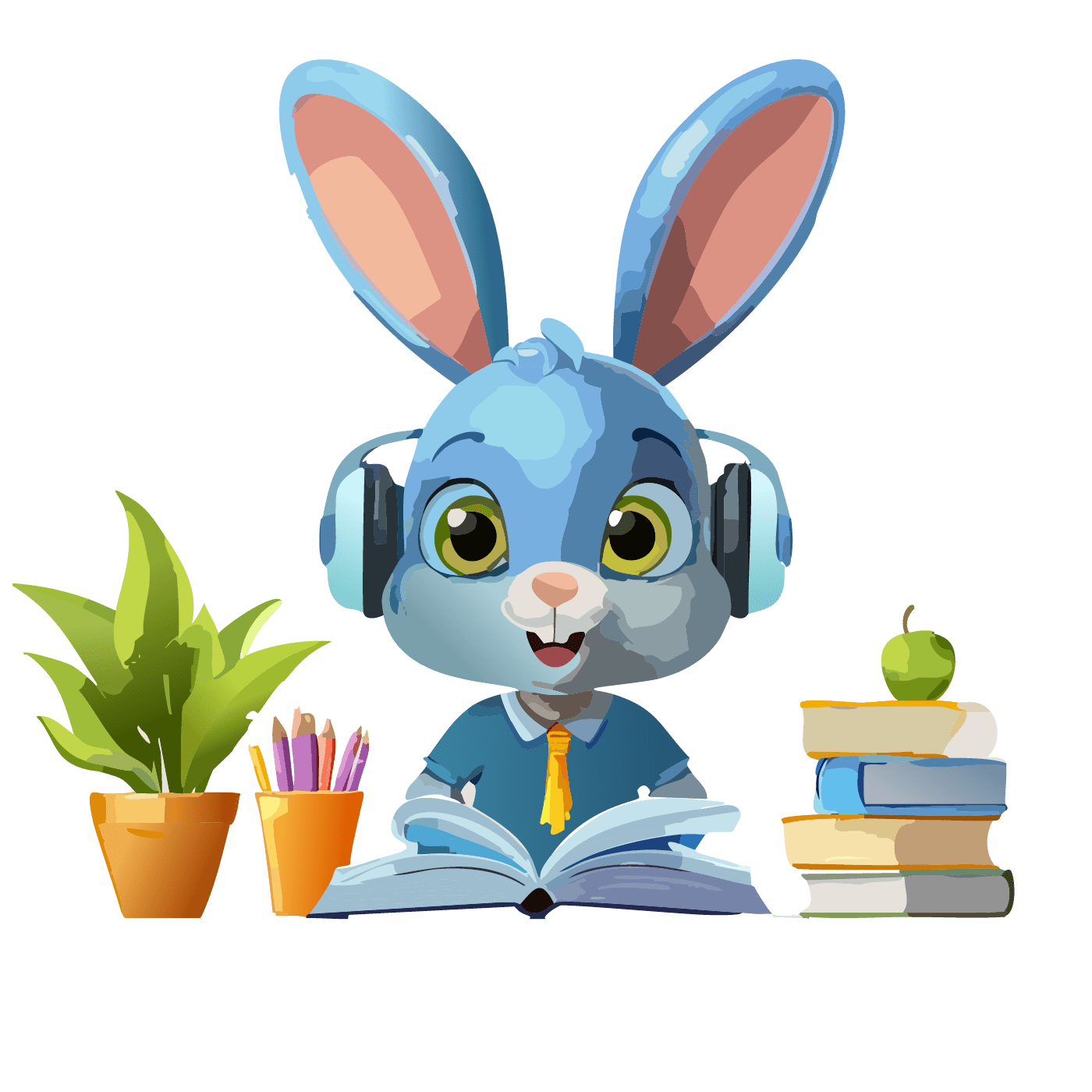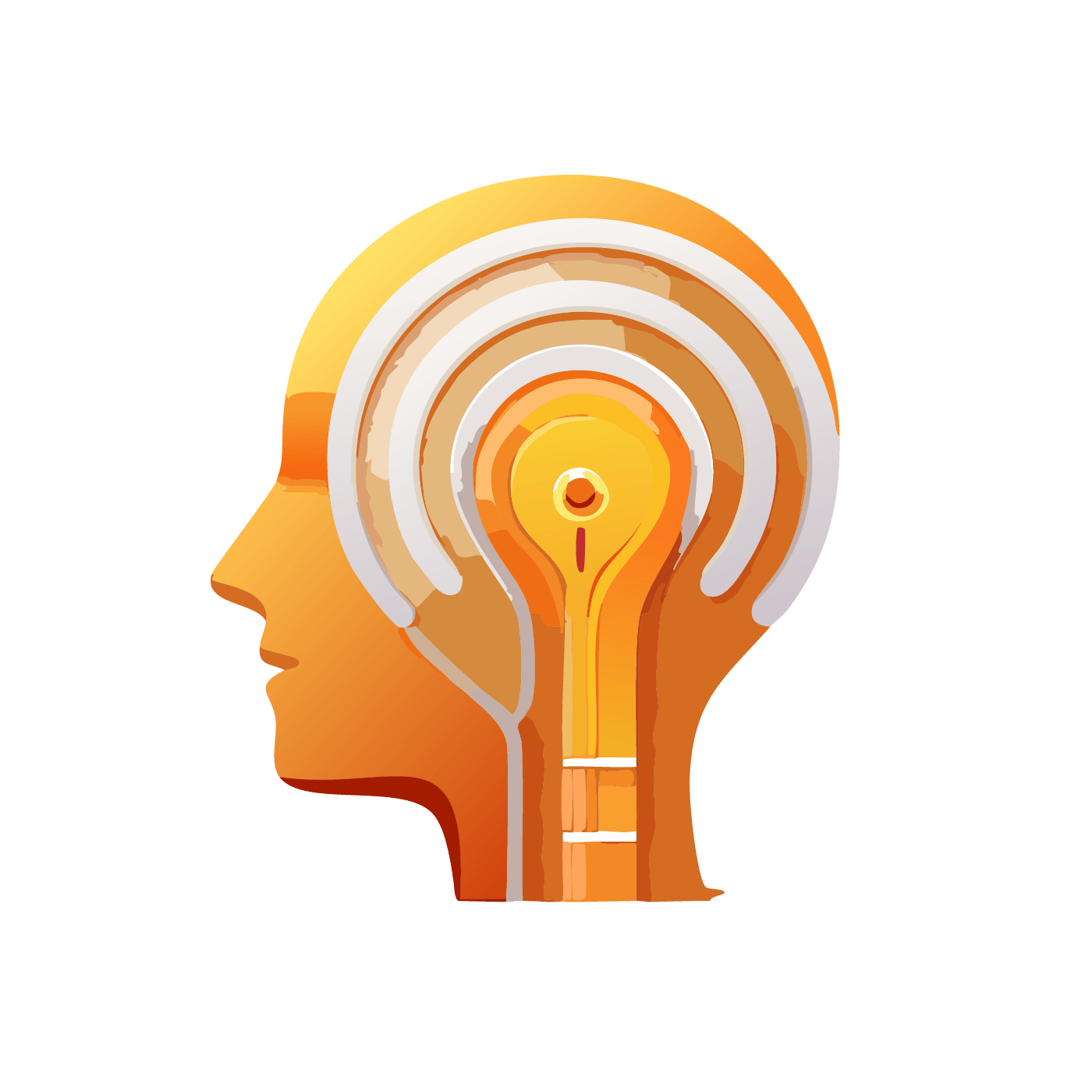Methods, Curriculum Types, and State Requirements
Auditory Processing Disorder
Auditory Processing Disorder (APD) is a disorder of the auditory system that causes a disruption in the way an individual’s brain understands what they are hearing. This means that someone with APD does not have hearing loss despite showing difficulty with hearing-related tasks.

April 4th is Auditory Processing Disorder (APD) Awareness Day is April 4th.
Auditory Processing Disorder (APD) awareness day is on April 4th each year. The Hearing Health Foundation marks this day to highlight the challenges and effects of living with APD.
What is Auditory Processing Disorder?
Auditory Processing Disorder (APD), also known as Central Auditory Processing Disorder (CAPD), is a condition that affects how the brain processes auditory information. People with APD can hear sounds but have difficulty understanding and interpreting them, especially in environments with background noise or competing sounds.
Educational Tips
Communication
- Ask the student close-ended (e.g., yes or no) questions rather than open-ended questions.
- Ask the student opinion questions rather than questions requiring a particular answer.
- Call on the student for answers on topics about which they are knowledgeable or confident.
- Refrain from calling on a student who visibly appears to be experiencing anxiety symptoms.
Tasks and Assignments
- Provide students with an individual study area.
- Allow the student to use headphones, earphones, ear plugs, etc. to block out background noise.
- Provide the student extra time to make in-class transitions from one activity to another.
- Use a timer or other auditory device to signal that it’s time to start a different task or make another transition.
- Try to keep classroom routines as predictable as possible without sudden changes. Whenever possible, plan in advance for transitions that will occur.
- Consider modifying the ways class directions/instructions are given:
- Give directions that are concise rather than long and wordy.
- Provide visual aids accompanying verbal directions/instructions (e.g., write them on the board).
- Capture students’ attention before giving directions by telling them they need to listen to instructions about what will be given.

Treating and Managing of APD
Auditory Processing Disorder (APD) affects the brain’s ability to interpret and process sounds, making it challenging to understand spoken language, especially in noisy environments. Managing and treating APD involves a combination of strategies that aim to improve auditory skills and support communication.
APD Behavioral Management
Auditory Processing Disorder (APD) can make it challenging for children to process and interpret auditory information, leading to difficulties in communication, following directions, and maintaining focus. Behavioral management strategies can help children with APD navigate these challenges effectively.
Classroom Management for Students with APD
Classroom management for students with Auditory Processing Disorder (APD) requires specific strategies to support their learning needs.
APD and the Public School System
Due to the nature of their condition, children with Auditory Processing Disorder (APD) often face challenges in public school systems. APD affects how the brain processes auditory information, making it difficult for students to understand spoken language, especially in noisy environments like classrooms. Here are some key considerations regarding APD and the public school system.

Questions, Concerns, or Comments
Whether you're just beginning your homeschooling journey or are a seasoned pro, we're so glad you're here. This group is a supportive space for families navigating diverse learning needs, offering curriculum suggestions, adaptive technology, teaching strategies, and practical methods to help your child learn, explore, and thrive.
We encourage engaging, helpful posts and ask that you keep promotions and links minimum. Many families are searching for free or affordable curriculum ideas and resources, and we're committed to helping you find them.
Whether your child is navigating autism, ADHD, dysgraphia, dyscalculia, dyslexia, anxiety, sensory processing differences, or is neurodivergent in any way, you're not alone. We're here to share, support, and grow together.
Welcome!





